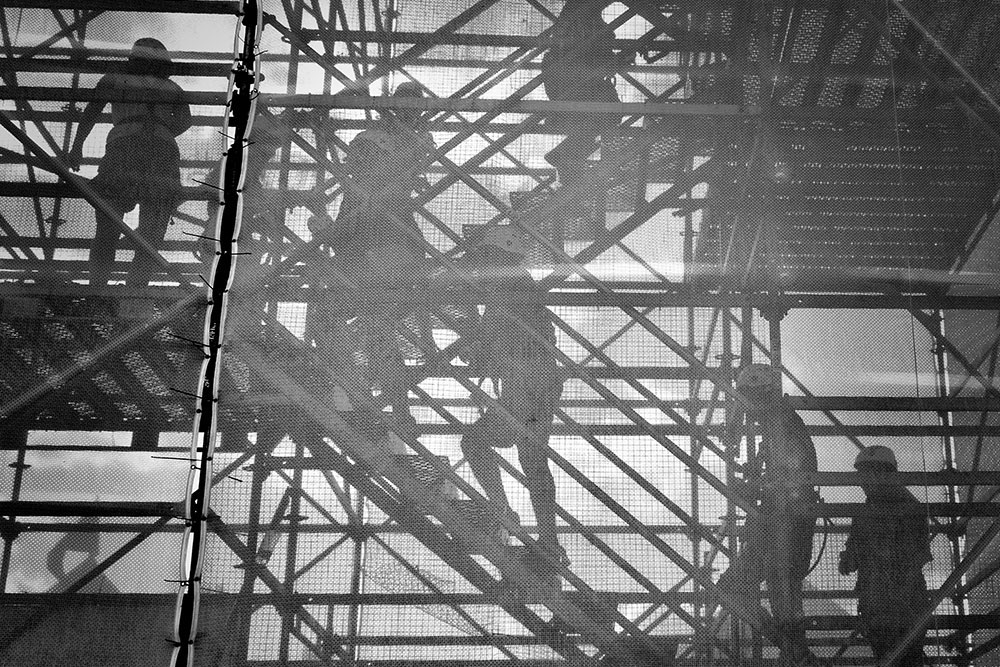
Yes, it is possible to file for Social Security disability benefits while receiving workers' compensation. However, there are certain considerations that you should be aware of before filing for Social Security disability.
Workers' compensation is a type of insurance that provides financial assistance to employees who are injured on the job. It is designed to cover an employee's medical expenses and lost wages while they are unable to work due to a work-related injury or illness. Workers' compensation is typically paid by the employer or the employer's insurance company.
Social Security disability benefits, on the other hand, are administered by the Social Security Administration (SSA) and are available to individuals who are unable to work due to a physical or mental impairment that is expected to last for at least one year or result in death. To be eligible for Social Security disability benefits, an individual must have worked a sufficient amount of time and paid Social Security taxes.
If you are receiving workers' compensation and are considering applying for Social Security disability benefits, there are several things to keep in mind. First, you should be aware that the SSA will consider your workers' compensation payments when determining your eligibility for Social Security disability benefits. This means that if you are receiving workers' compensation, your Social Security disability benefit may be reduced or offset by the amount of workers' compensation that you receive.
Second, you should be aware that the SSA has strict criteria for determining disability, and you may not automatically be approved for Social Security disability just because you are receiving workers' compensation. The SSA will evaluate your medical condition and work history to determine whether you meet the criteria for disability. If you are not approved for Social Security disability, you may still be eligible for other Social Security benefits, such as retirement or survivors benefits.
Finally, you should be aware that the application process for Social Security disability can be lengthy and may take several months or even years. If you are receiving workers' compensation, you may be able to receive financial assistance while you are waiting for a decision on your Social Security disability application. However, you should be prepared for the possibility that your Social Security disability application may be denied, in which case you may need to appeal the decision.
In summary, it is possible to file for Social Security disability benefits while receiving workers' compensation, but you should be aware of the potential impact on your benefits and the strict criteria for determining disability. If you are considering applying for Social Security disability, it may be helpful to seek the advice of a disability attorney or other qualified professional to help you navigate the process.
In conclusion, it is possible to file for Social Security disability benefits while receiving workers' compensation. However, there are several important considerations to keep in mind before filing for Social Security disability. First, the SSA will consider your workers' compensation payments when determining your eligibility for Social Security disability benefits, and your Social Security disability benefit may be reduced or offset by the amount of workers' compensation that you receive. Second, the SSA has strict criteria for determining disability, and you may not automatically be approved for Social Security disability just because you are receiving workers' compensation. Finally, the application process for Social Security disability can be lengthy, and you should be prepared for the possibility that your application may be denied. If you are considering applying for Social Security disability while receiving workers' compensation, it may be helpful to seek the advice of a disability attorney or other qualified professional to help you navigate the process.